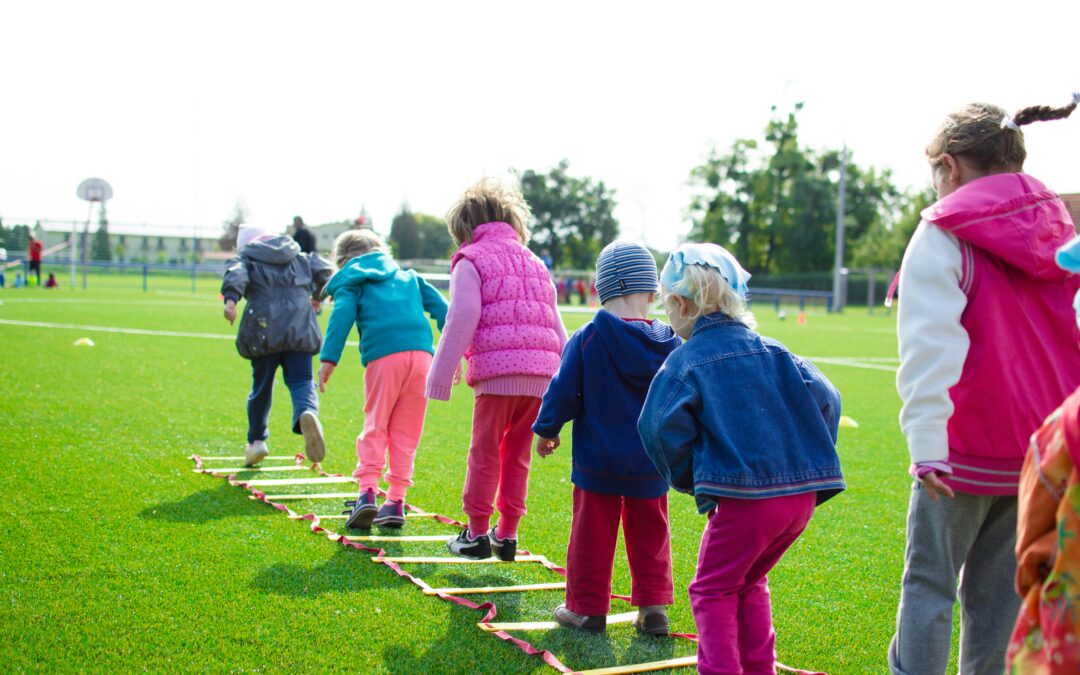When children start preschool at AFM, they come from a wide variety of past experiences. Some children are accustomed to being dropped off at daycare, and have relatively no anxiety about starting school in a new place. For those children without any past experience with care outside the home, being dropped off at school can be extremely stressful. When the child is anxious and upset about going to school, chances are so are the parents. This stress cycle can be challenging to overcome and can create long term negative feelings about school, which is certainly not the goal!
When assessing a new student, caregivers and educators often use the term “social-emotional readiness”. This term covers the following areas of growth and development: emotional self-regulation, attachment relationships with trusted adults, self-confidence, and the ability to connect with and get along with others. When a child can demonstrate that they are beginning to develop these skill sets, that is a good indicator that they are ready to explore a school environment.
If your child is not showing social-emotional readiness, there are some things parents can do to help.
- To build emotional self-regulation, practice using “emotion words” at home. Rather than just “happy” or “sad”, start integrating more complex feelings like frustrated, overwhelmed, envious, lonely, nervous, or excited. Books are a great way to introduce these new words to your child, and ones with corresponding pictures help children to understand when they might be feeling the same way. Once you learn these new words, practice using them during daily conversation with your child. “It looks like you might be feeling frustrated with that project you are working on. It is frustrating when things don’t work the way you want them to. Would you like some help, or would you like to keep trying on your own?”
- Building an attachment relationship with your child is something you are likely already doing! By attending to needs, creating a safe environment and providing emotional support and comfort, parents help the child to develop trust. It is important to create opportunities for your child to be without you for periods of time. Whether you leave them with a babysitter, or drop them off at a playgroup, giving your child the experience to learn that you will come back is really essential in getting them ready for school. If the first day of school is the first time you have ever left them anywhere, you are going to have a very anxious, upset child who will likely have a very negative attachment to their school experience.
- Children build self-confidence when they are given opportunities to explore their environment and try new things. Simple household chores like dusting and sweeping are great ways for children to contribute to family life and to feel useful. Letting your child know that you don’t expect them to be perfect gives them the support to make mistakes and learn resilience. Confident children are usually excited about attending school!
- Giving your child lots of opportunities to interact with other children will help prepare them for the social environment they will encounter at school. Playing at the neighborhood park, activities at the local library, swimming lessons and dance classes all give children exposure to other kids. Peer to peer interaction is very different than the parent/child relationship. With peers, children learn how to share, compromise, take turns, solve problems and collaborate. These skills are integral to forming healthy relationships with friends at the preschool age and well beyond.
Taking the steps now to set your child up for a successful start at school will help them to feel confident and excited about this new adventure!
Links to source and supplemental material:

